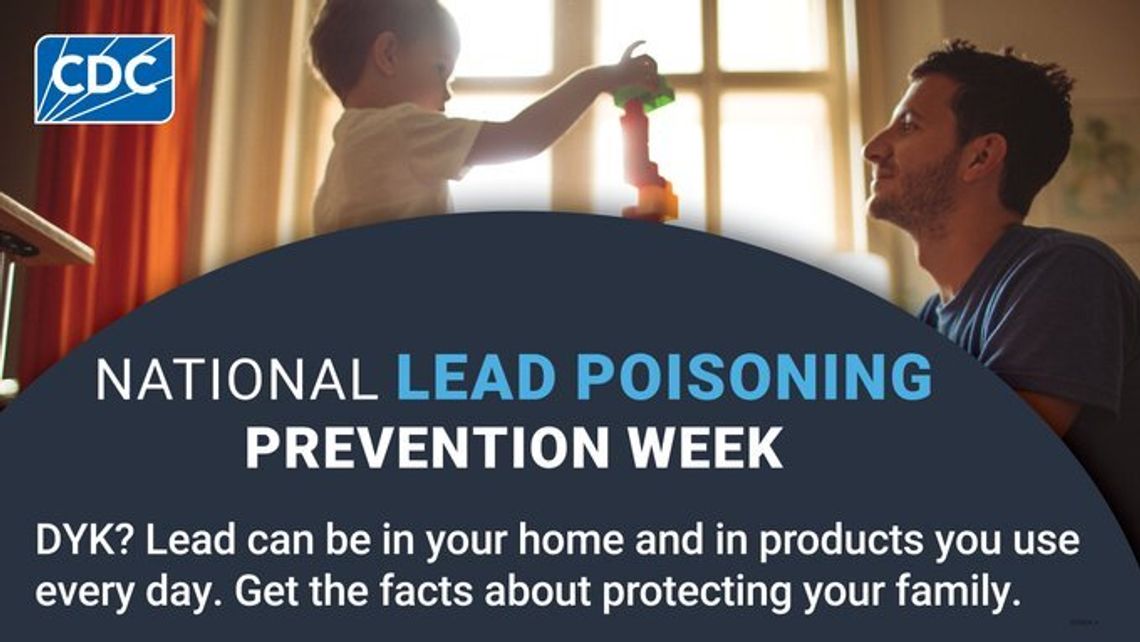- Soil and dust
- Tap water
- Electrical cords
- Keys
- Garden hoses and outside water faucets
- Lead-based paint
- Batteries and metal jewelry
- Know when your home was built. Lead-based paint was used in many homes built before 1978.
- Have your home checked for lead before you remodel. Do not scrape or sand lead-based paint.
- Don't let children eat paint chips, dust or dirt; keep them away from windowsills, steps and porches in old homes.
- If you rent, notify your landlord of peeling or chipping paint.
- Clean floors, window frames, windowsills and other surfaces weekly.
- Wash children's hands, toys, pacifiers and bottles often.
- Clean or remove shoes before entering your home to avoid tracking in lead dust.
- Make sure children get a diet high in iron, calcium, and vitamin C and frequent meals.
.png)

Comment
Comments